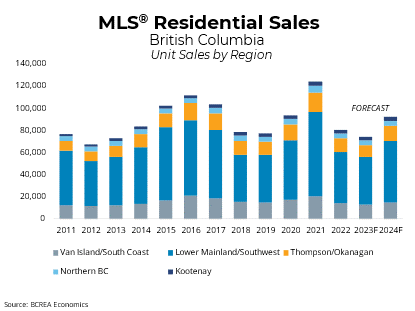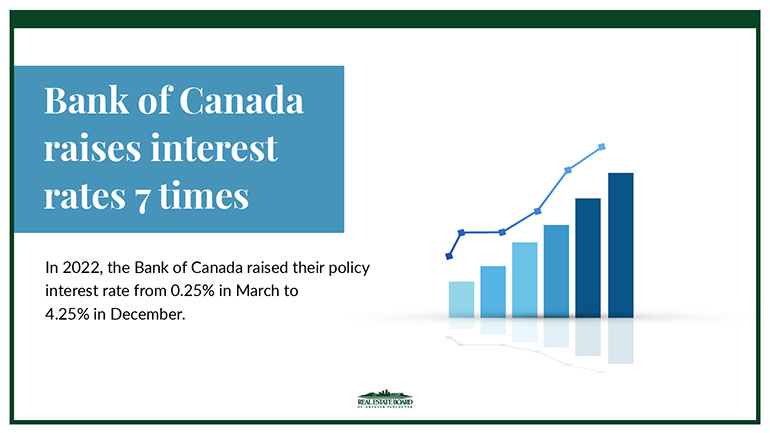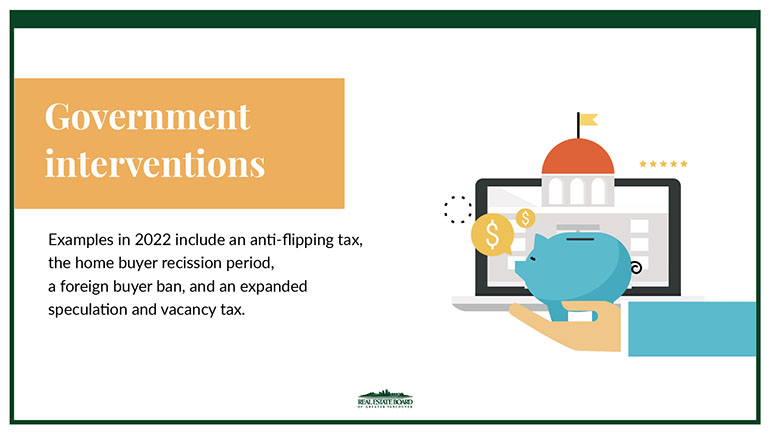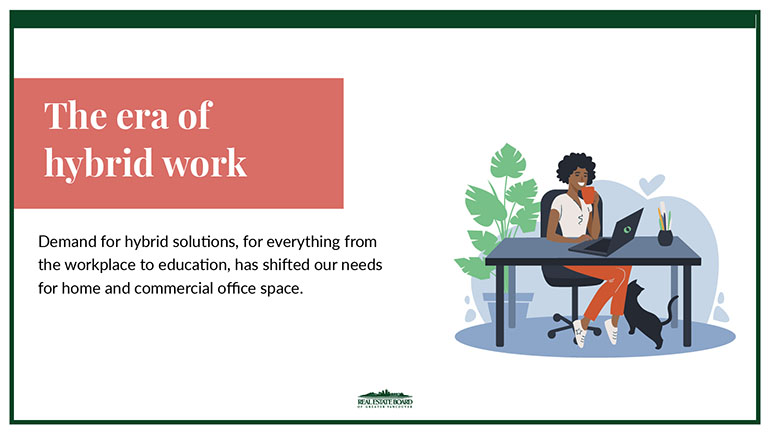You’re about to move up into a home that better suits your lifestyle. Congratulations, it’s an exciting time! But before you can do that, you need to sell your current home. The goal of any seller is to get the highest sale price in the shortest amount of time. If that’s your objective, too, consider staging your home.
The numbers speak for themselves: according to a study from the Real Estate Staging Association, staged homes spend 73 per cent less time on the market, and staging your property could net you 25 per cent over the asking price.
the reason staged homes can sell faster and for a higher price is because they showcase the home’s best features, impress buyers, and downplay the home’s weaknesses.
What is Home Staging?
Staging is not about decorating. Decorating reflects your personal style and taste. Staging does the exact opposite of decorating, making your home appeal to as many people as possible.
When you stage a home, you help homebuyers picture themselves in the space. When they move through the kitchen, you want them to feel like they can effortlessly cook a meal here, for example. They need to see it as their dream home. This
Staging Your Home to Sell Faster
Homebuyers want who are looking for a turn-key home usually do not want a project. Here’s what you can do to appeal to this type of buyer, and stage your home to sell.
1. Focus on the key rooms
There are several areas that homebuyers are zeroing in on when they look at your home, with the living room, kitchen, primary bedroom, and dining room topping the list.
If you can’t get to every room, make sure that you spend your time, energy, and money on these rooms.
2. Clean, clean, clean
If you have spent any time looking at homes for sale online, you have undoubtedly encountered some sellers who skimped on the cleaning. We’ve all seen the kitchen photo where that morning’s breakfast is still on the counter. Avoid that. Please.
If you can’t stage every room in your home, you can still clean every room. It’s essential. It signals pride of ownership and that you have cared for the house over the years.
Ensure that appliances are spotless and the bathrooms sparkle. You will not regret cleaning.
3. Declutter your home
Decluttering is something that you can do without having to hire a stager. It gives your home an open, airy feel, making it feel more spacious.
On the flip side, an overcrowded home is distracting. There is no room for buyers to imagine. Instead of potential, they see restrictions and a shortage of storage space.
Go room by room. Organize your items in piles: the things you want out of your life and the ones that can go into storage, until you’re ready to move.
4. Depersonalize the space
While you are decluttering, be sure to remove any personal items from display. Buyers want to picture themselves in the space, and your family portraits can make it hard for them to imagine.
Photos, your kids’ artwork on the fridge, knick-knacks from that trip to Italy – sure, they have sentimental value to you, but not to potential buyers. Remove these items are replace them with more generic artwork that will appeal to potential buyers.
5. Add Plants
Freshen up your space with live, thriving plants. They can do wonders to make your home feel more inviting. Do not crowd any area with plants, have them dispersed throughout the space.
6. Give Rooms a Purpose
Just because you use that spare room as a gym, home office and the guest room does not mean that a potential buyer will see the practicality of it. They want each room to have a single, defined purpose. A bedroom is a bedroom. An office is an office.
Defining the purpose of each room will maximize the appeal and contribute to that open, clutter-free feel that buyers want. Giving each room a purpose allows buyers to envision how they too can make use of the space.
If you can add office space, do it. With so many people shifting to remote or hybrid work, it allows them to see themselves working in that space.
7. Fresh Paint
According to the RE/MAX Canada Renovation Investment Report, 36 per cent of RE/MAX brokers surveyed said buyers want a fresh coat of paint. This simple and cost-efficient update can go a long way. When you head to the paint store, opt for light, neutral colors. People’s color preferences vary widely, and bold choices may scare some buyers off.
8. Let There be Light
You want your home to feel bright and inviting. Lighting plays an essential role. Open your curtains and blinds to let the natural light pour in. Turn on all the lights. Bring in a lamp to let your home shine if you need new lighting!
9. Furniture
When it comes to furniture, less is more. Don’t clutter a room with too much furniture. The starting point for most professional stagers is getting rid of furniture. Often, they will remove about half of the furniture in the home. The goal is to make your house look bigger. Furniture takes up space and can make the home feel cluttered.
If you need to upscale your furniture, you can rent the right pieces to make your space more inviting.
10. Boost the Curb Appeal
The exterior of your home is a great place to start your staging efforts. Some sweat equity over a weekend can turn into real equity in your bank account.
Make your home sparkle with a power washer. If you don’t have one, rent one. Remove dirt and grime from your siding, roof, fascia and gutters. Give your deck a scrub too.
If your shutters or front door needs some paint, be sure to freshen them up. Pay attention to the little things like the house numbers, mailbox and welcome mat.
Are you looking to buy or sell property? If you’d like, we can have a real estate expert show you the most efficient process that saves you thousands of dollars, a lot of time, with little or no inconvenience to you. Contact us today!
Source: RE/MAX





























